| Programme Short Name |
Study Mode |
Normal Period of Study |
JUPAS Code |
EdUHK Programme Code |
| BA(ECFS) |
Full-time |
2 Years (Senior Year Admissions) |
N/A |
A2B102 |
Programme Introduction
Hong Kong witnesses an increasing need for parent education and related studies. The BA(ECFS) programme addresses this need by training students who are able to empower parents to promote the development of young children using science-informed methods.
Students will learn how to develop and evaluate family-oriented programmes. Students will also learn how to collect data to address research questions about early childhood and family studies. Graduates are expected to be competent practitioners who are able to support families and schools in their efforts to take care of young children, run systematic family-oriented programmes in school and community settings, and deal with a wide range of family-related issues.
_pathway_EN_2026.jpg)
Programme Structure
| Domain |
Credit Points (cps) |
| Senior Year Admissions |
| Major |
|
| - Major Course |
27 |
| - Cross-Faculty Core Course |
3 |
| - Major Interdisciplinary Course |
3 |
| Second Major / Minor / Electives |
15 |
| General Education |
|
| - Experiential Learning Course on Entrepreneurship and Innovation (ELC on E&I) |
3 |
| - University ePortfolio |
2 |
| - Digital Competency |
1 |
| Language Enhancement |
- |
Final Year Project
- Honours Project / Capstone Project |
6 |
| Total: |
60 |
Notes:
(1) Classes will be held in Tai Po Campus and Tseung Kwan O Study Centre / North Point Study Centre / Sports Centre / Kowloon Tong Satellite Study Centre as decided by the University.
(2) Students who did not complete a Higher Diploma/Associate Degree in ECE before admission to the programme are required to take an additional 3-cp compulsory course in the first semester of Entry-Year, PSY 2096 Child Development. The major/ programme specific and Final Year Project credit points taken by these students would be 42 cps (i.e. 63 cps for the whole programme).
(3) Students admitted into this programme are required to visit the Greater Bay Area (GBA) and/or other parts of the Chinese Mainland. The programme may also require students to participate in other non-local learning experience for completion of the programme. While the visits are subsidised, students are required to contribute part of the estimated cost of the visits ("students’ contribution"), whereas any personal entertainment, meals expenses, travel document fee and personal insurance costs shall be at students’ own expense. The estimated cost of the visits and students’ contribution for students admitted to the coming cohort is yet to be available due to a variety of factors such as inflation of cost of the visits, trip duration, traveling expenses, the exchange rate, etc.

Internship / Overseas Study Opportunities
Students are required to do practical work, such as hosting talks, seminars, workshops, competitions, play-based activities, community events, and other child- or family-oriented initiatives, in a designated site, such as a school, a NGO, or a family education centre, for 130 working hours. Students are also required to attend pre- and post-internship visits, workshops, and seminars, so that they are fully prepared to communicate with and provide support to children and families from different backgrounds and have opportunities to reflect upon their experiences and consolidate their learning.
Career Prospects/Professional Qualifications
- Professional practitioners in social service sectors;
- Teachers* or Teaching Assistants in early childhood settings;
- Project Officers or Community Liaison Officers in public organisations, private enterprises, and community agencies that serve children and families; and
- Research Assistants in academic institutions, as well as government and non-government organisations, who study child development and family relationships.
*for those who possess teacher qualifications before admission to this top-up degree programme.
What Our Students Say
I used to think that a university degree merely reflected one’s academic level. However, the study at the EdUHK has changed my perception towards tertiary education. The University offers a wide range of experiential learning opportunities that encourage students’ whole-person development and strengthen our soft skills, which are essential for career preparation and potential realization.
Sei Yuen-ling
Bachelor of Arts (Honours) in Early Childhood and Family Studies
After my two-year programme, I am truly grateful that EdUHK has provided an opportunity to have a remarkable practicum experience in a kindergarten. In this experience, I shared the knowledge and strategies I learned in the courses through workshops for parents. These workshops helped the parents support their children’s emotional, cognitive and language skills.
Hung Yi Mei
Bachelor of Arts (Honours) in Early Childhood and Family Studies
This programme has equipped me with a diverse range of skills for effective communication with parents. One of my primary goals is to not only serve the children but also to address parents’ concerns and help them support their children’s positive growth. The various opportunities this programme offers have opened multiple career paths for me. I am currently pursuing a Master of Arts in Educational Counselling at EdUHK, and I am about to enter the field of special education as a teacher. Through further studies, I aim to deepen my professional abilities and enhance my capacity to make a meaningful impact in this field.
Yung Tsz Ying
Bachelor of Arts (Honours) in Early Childhood and Family Studies
The programme provides us with ample academic support and offers numerous opportunities to participate in activities that promote our holistic development. During the short-term exchange programme at Three Gorges University, I deepened my applied skills in the field of early childhood and family studies from a cultural perspective, gaining valuable experience. In the tea culture workshop, I realised that the spirit of “focus” and “respect” in the tea way can be transformed into tools for emotional education in young children—for example, through the tea-serving ritual, cultivating children’s empathy and emotional awareness.
These observations help me apply what I have learned to future parent education work, such as integrating tea culture etiquette to develop emotional education materials, making Chinese culture a parenting resource that responds to contemporary family needs, and using traditional wisdom to sustain the innovative value of parental education. These experiences not only deepened my understanding of traditional Chinese culture but also broadened my horizons, allowing me to truly step from the classroom into a wider world.
Lai Man Wai, Cynthia
Bachelor of Arts (Honours) in Early Childhood and Family Studies
During my two years in the programme, I engaged in practical experiences that significantly enriched my learning. A month-long practicum at a local church enabled me to connect meaningfully with parents and children, applying my curriculum knowledge in a real-world context. I also completed a six-week overseas internship in New Zealand, where I interacted with children from diverse backgrounds, enhancing my cultural understanding and adaptability. Supported by the programme, these experiences shaped my teaching philosophy and equipped me with essential skills, especially in building rapport and fostering a positive learning environment. I am now also a qualified substitute teacher in New Zealand and look forward to applying these insights in my future career as an educator.
Yem Hoi Ying, Maise
Bachelor of Arts (Honours) in Early Childhood and Family Studies
After two years of study, I have gained a deeper understanding of the relationship between families and young children, including how to support their learning at home, the influence of family dynamics, and how to meet the diverse needs of different families. The programme not only helped us acquire relevant skills and knowledge but also actively provided career support and guidance.
Additionally, the programme connected us with multiple internship opportunities, allowing us to apply what we learned in real-world settings and gain invaluable experience. Beyond local internships, we also had opportunities for exchanges abroad or in the Greater Bay Area, enabling us to learn in diverse environments and expand our global perspectives. These experiences have been immensely beneficial, particularly in terms of career support, including various career workshops, which have thoroughly prepared me for future employment. I am about to apply what I have learned by joining a local charity to serve the community and families with young children.
Young Ying Tung, Ella
Bachelor of Arts (Honours) in Early Childhood and Family Studies
_pathway_EN_2026.jpg)



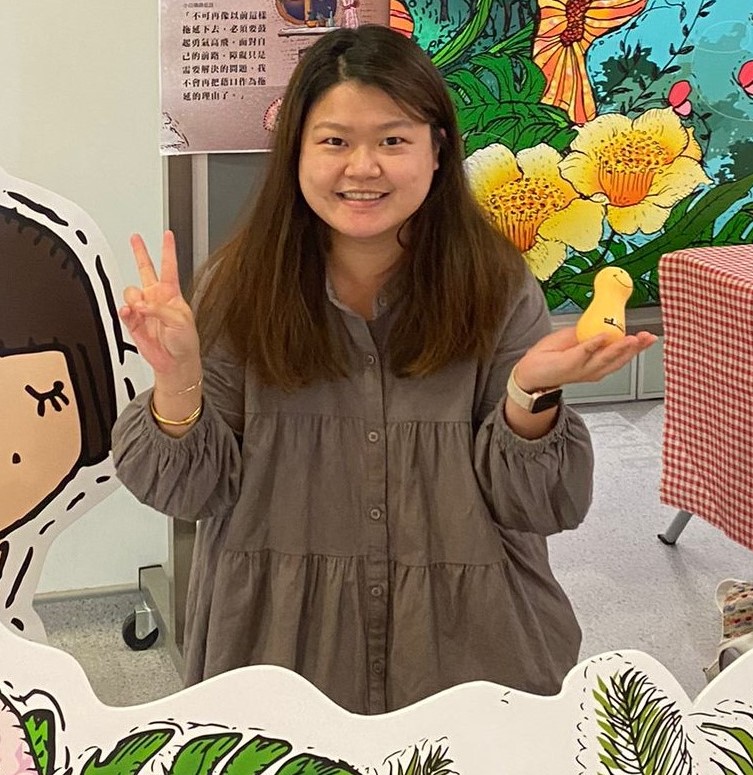
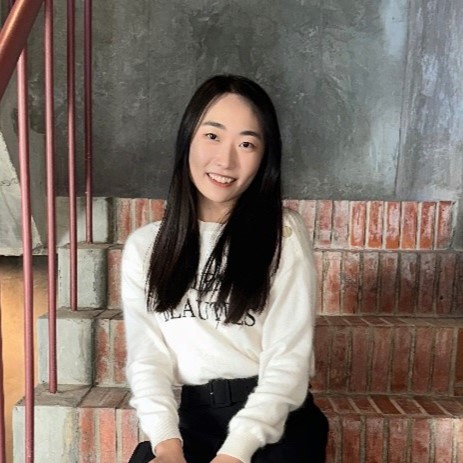
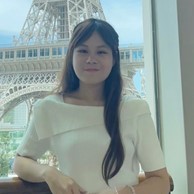
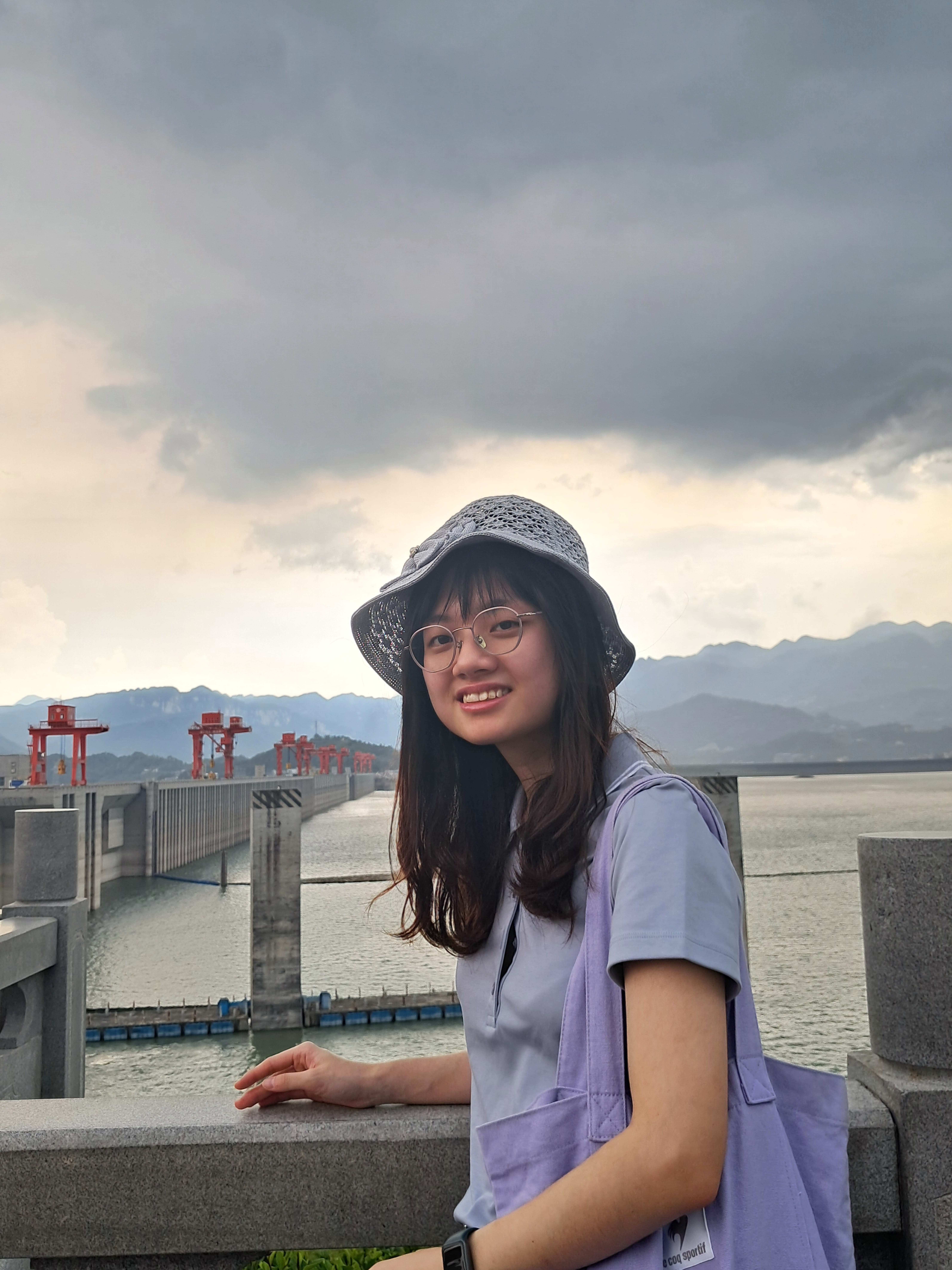
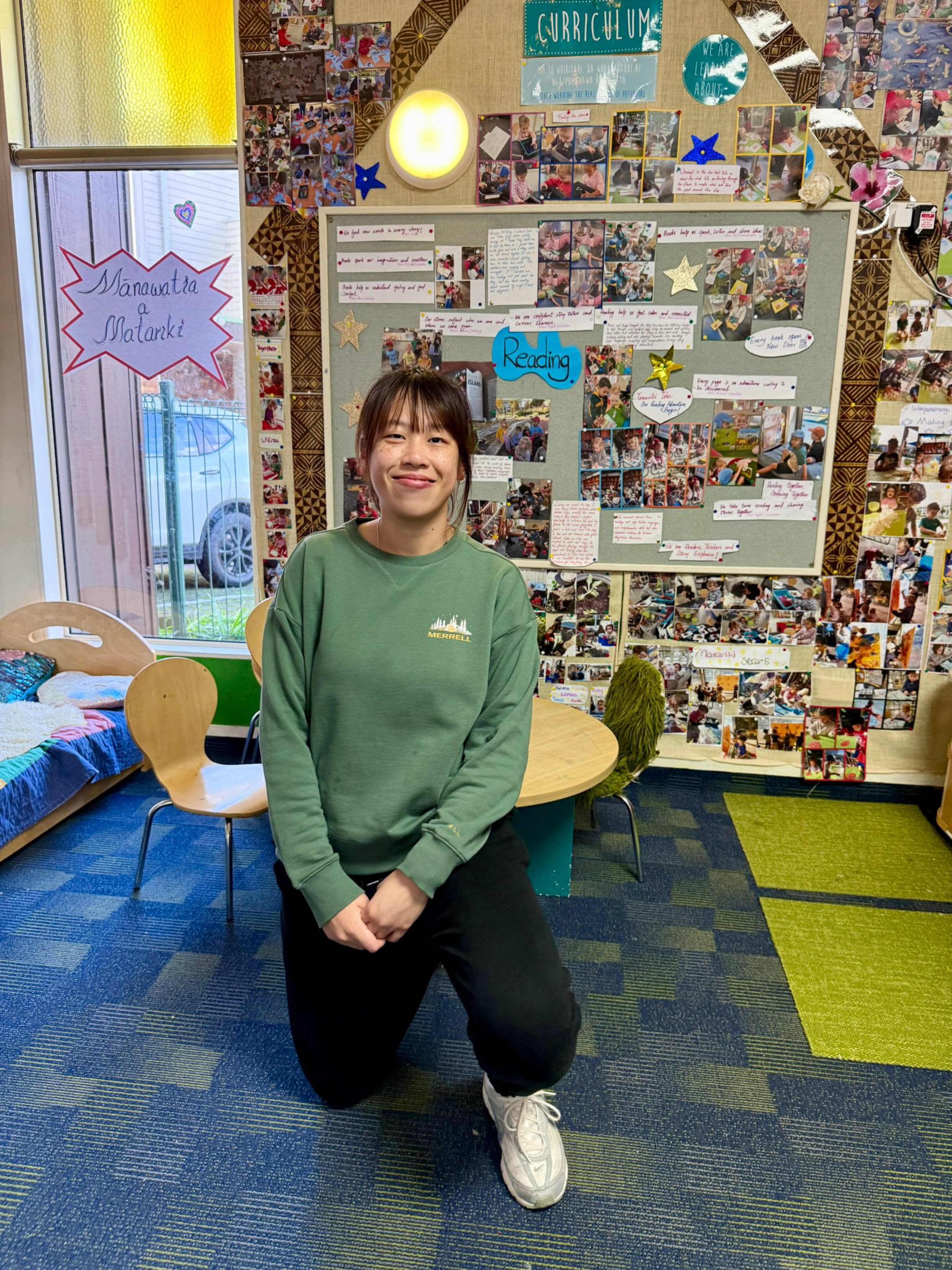
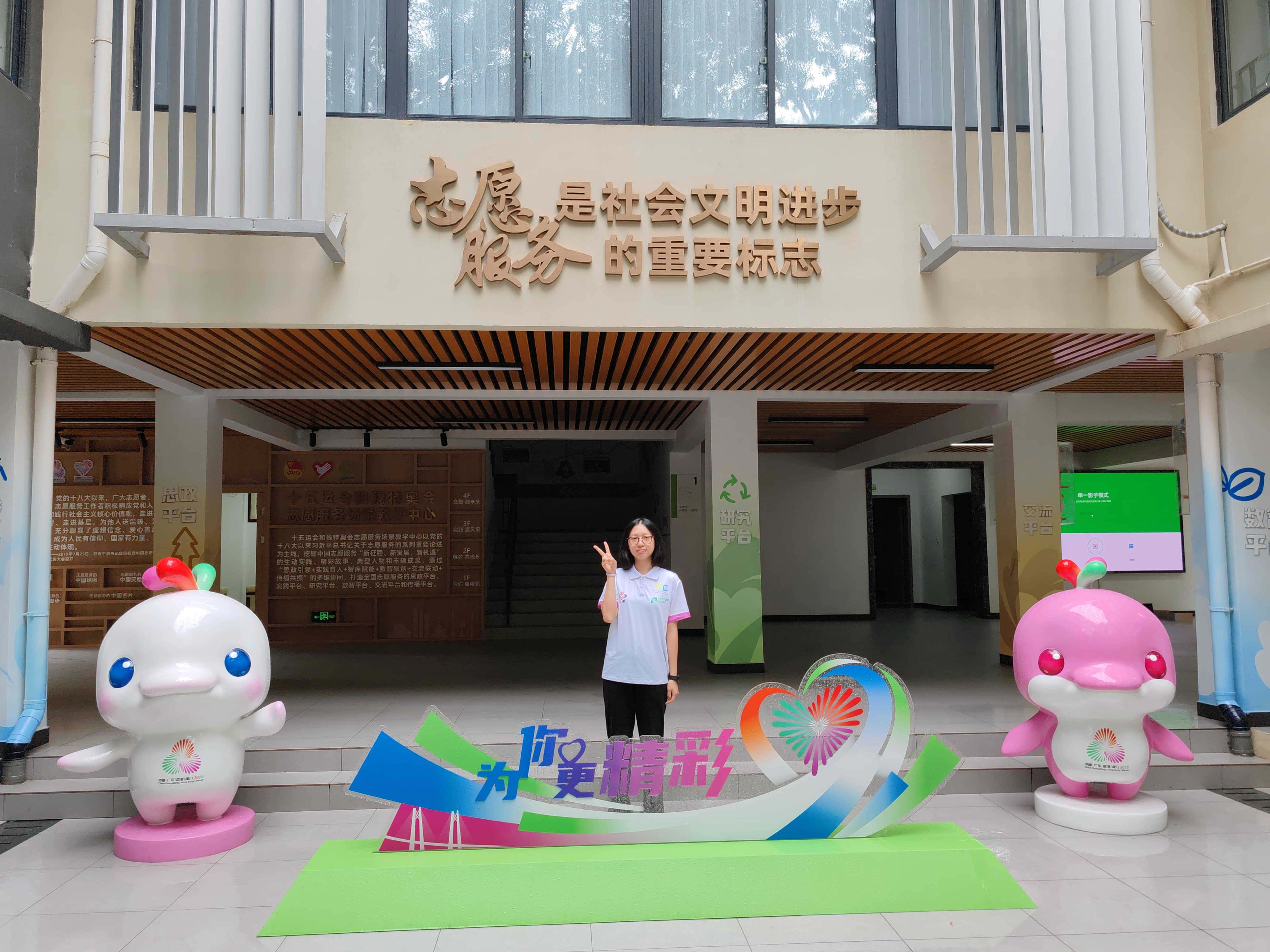




 Back to top
Back to top